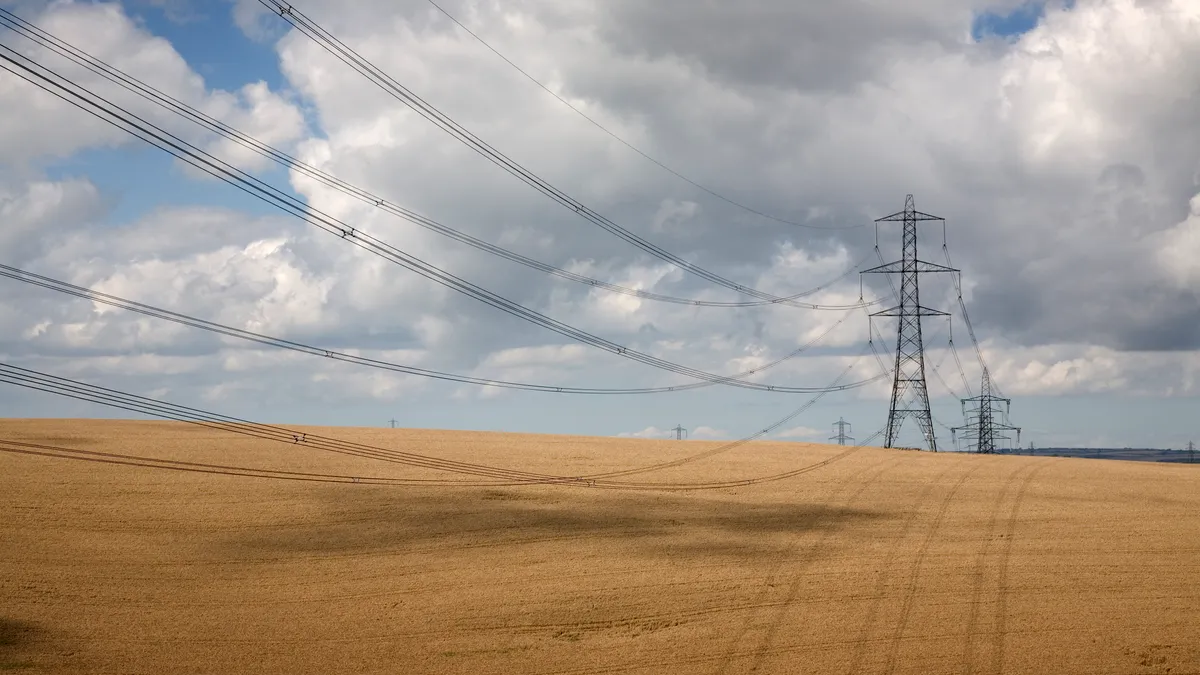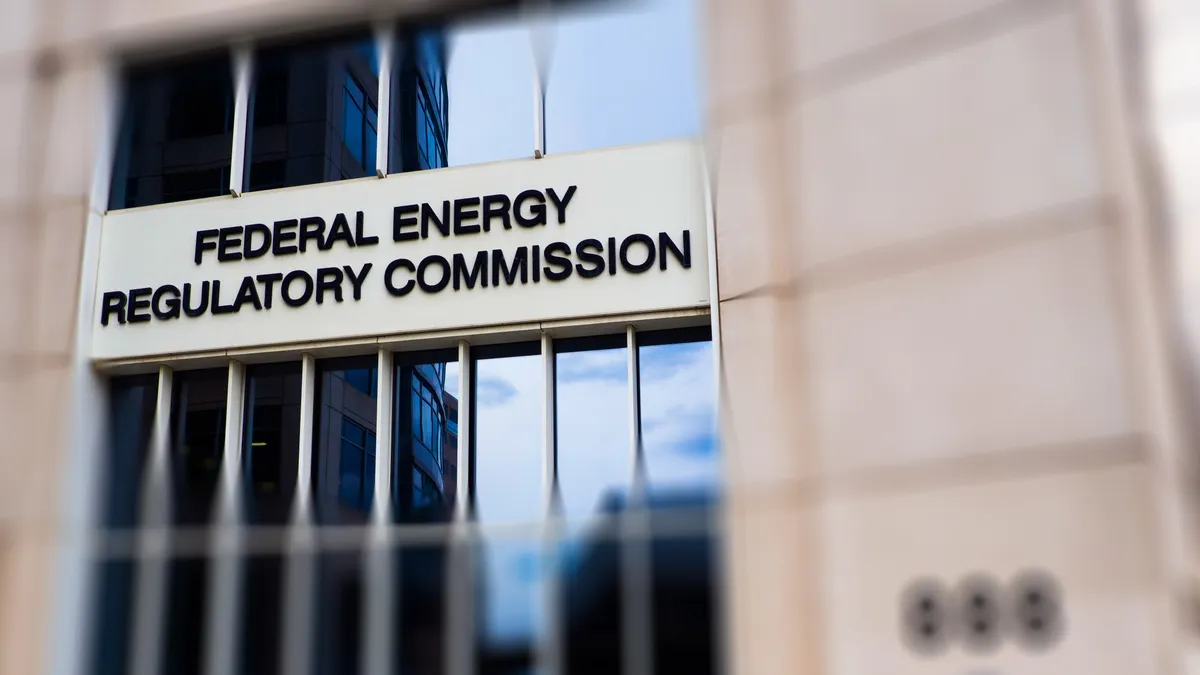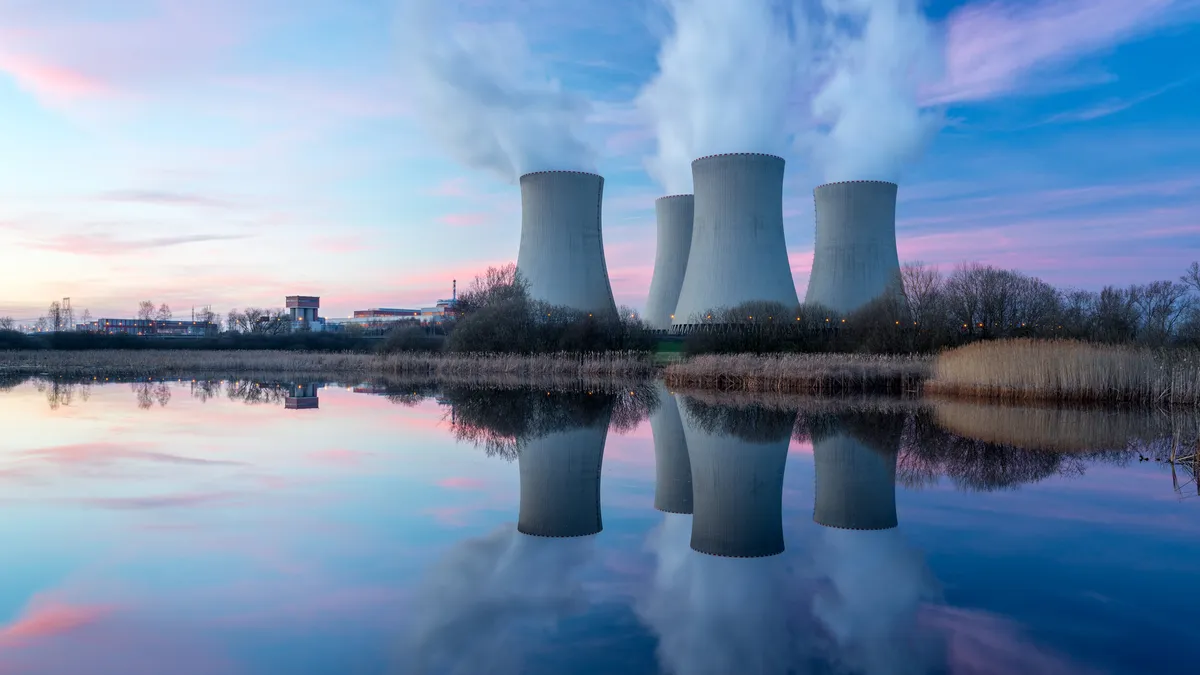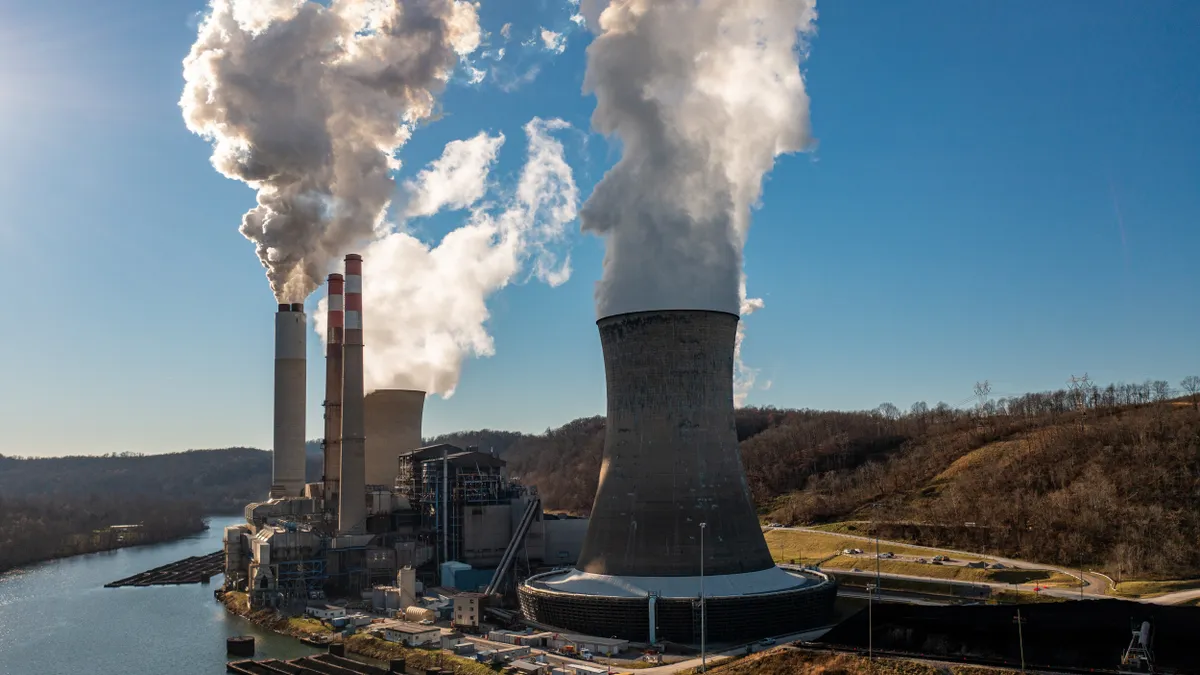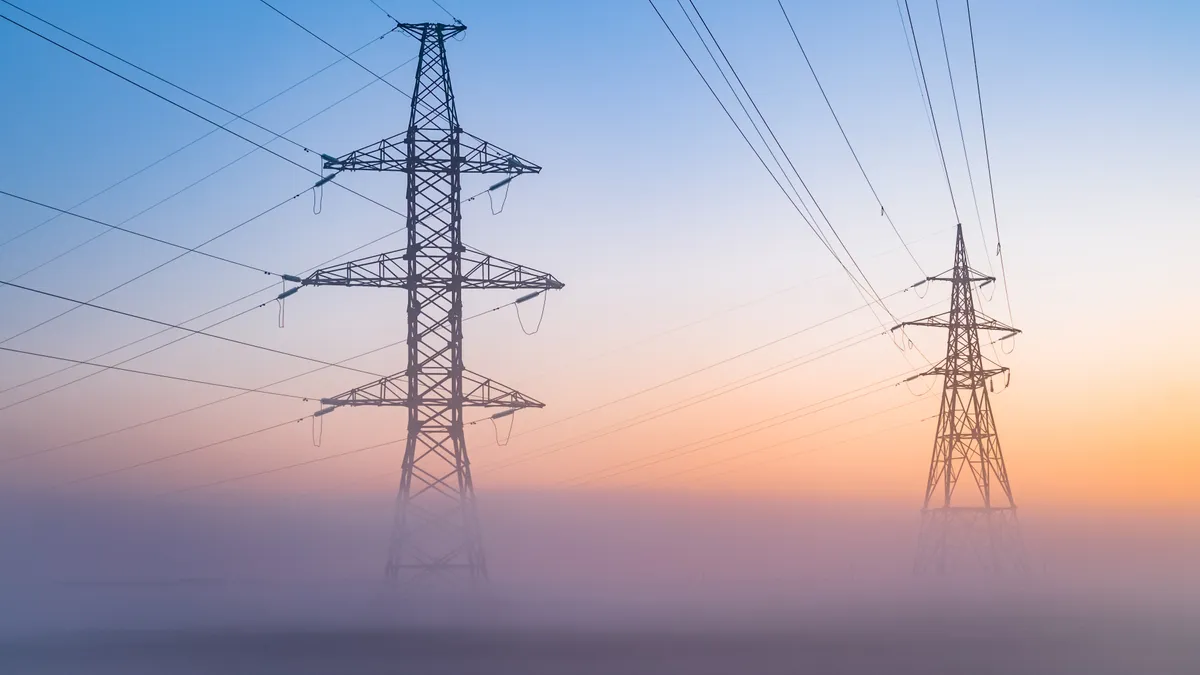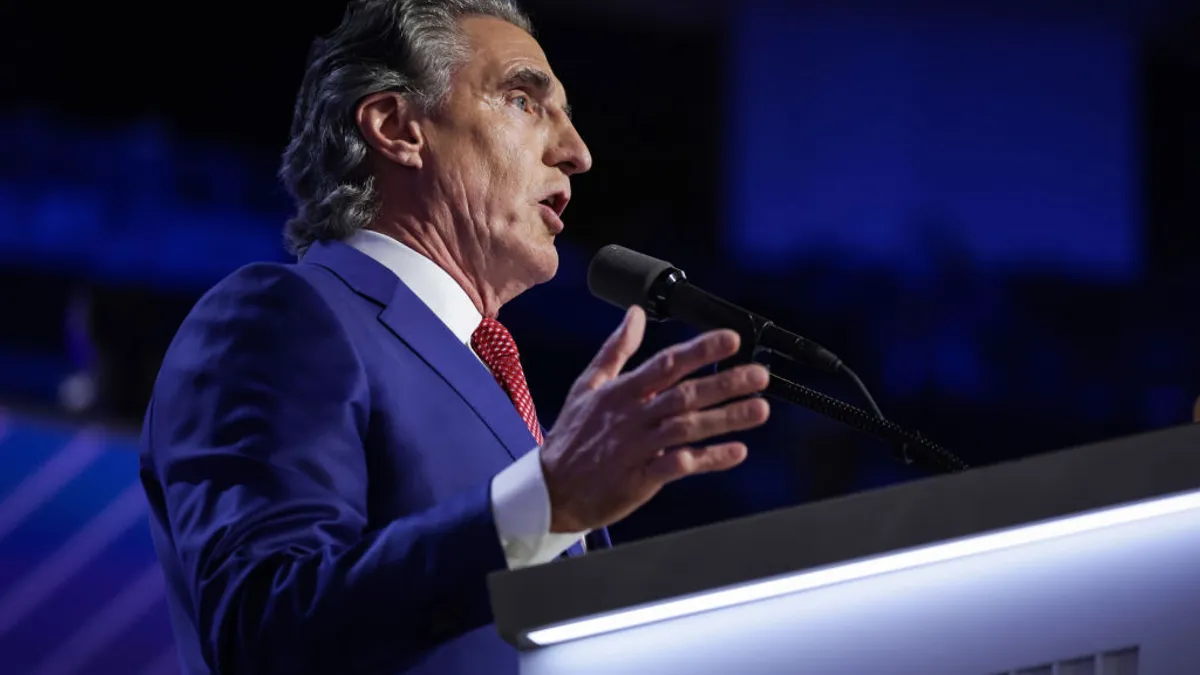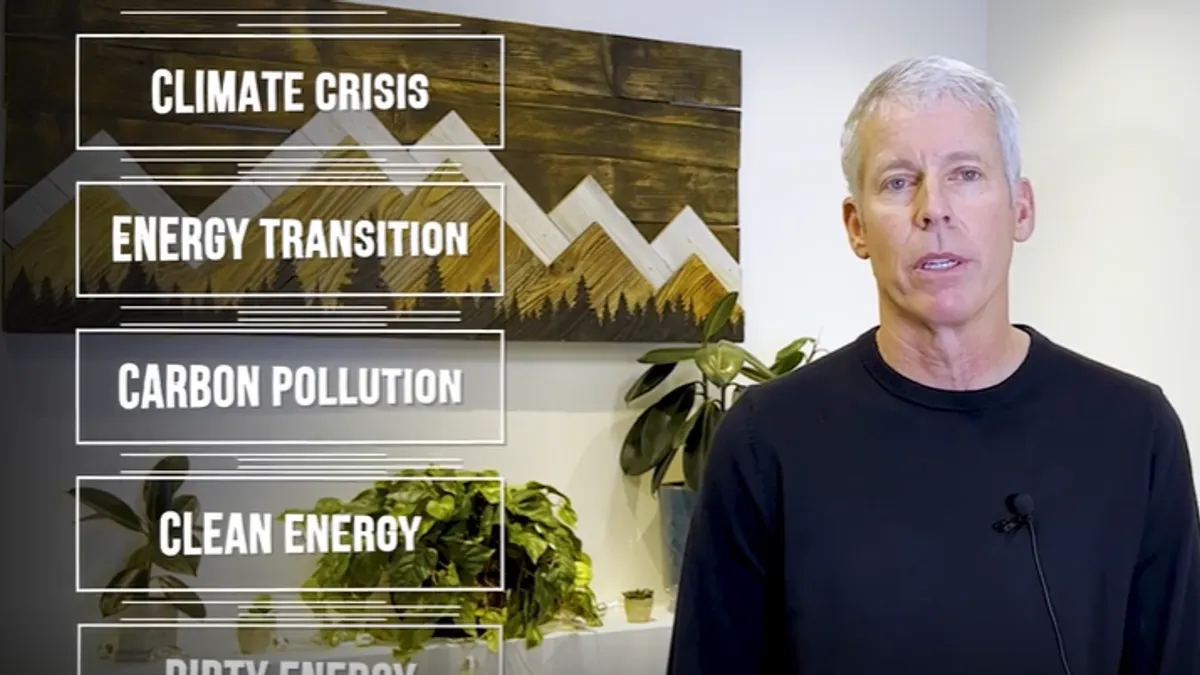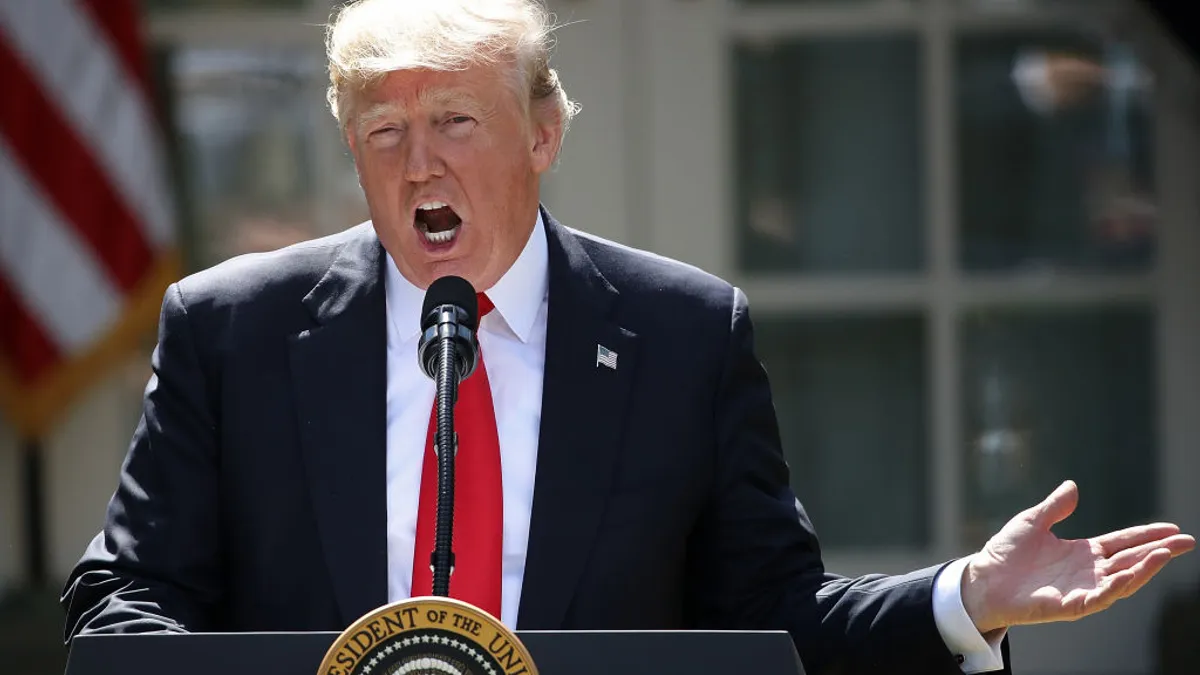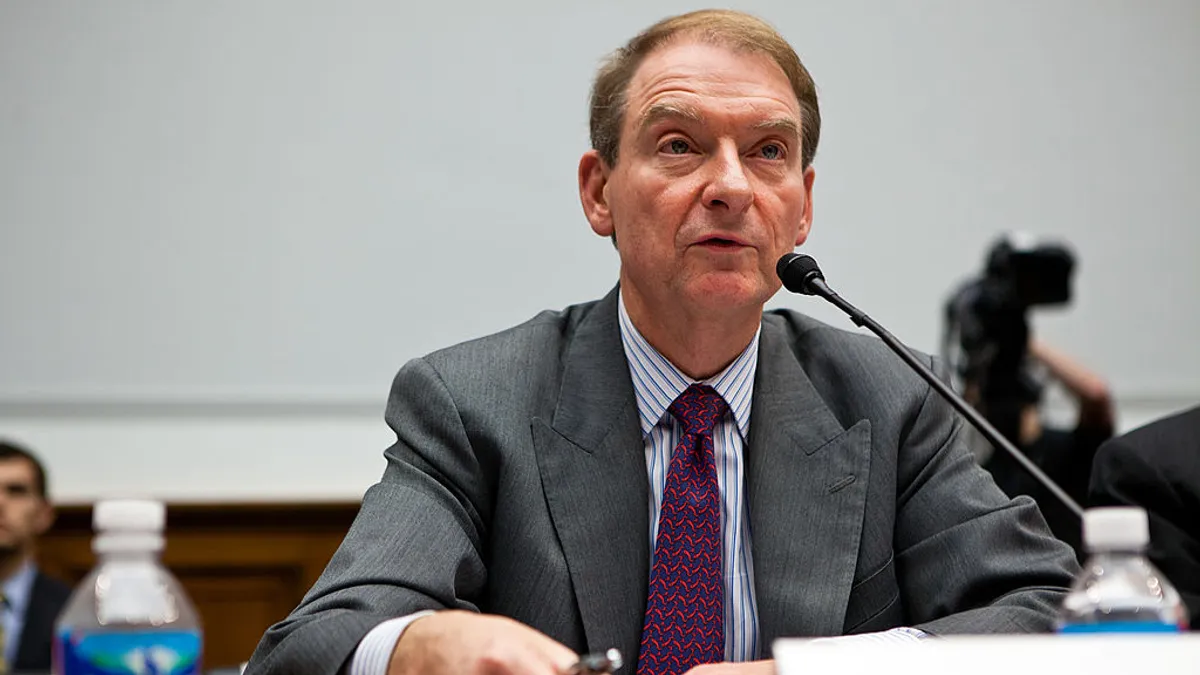Each potential outcome of the upcoming U.S. presidential and congressional elections has numerous implications for the fate of past and future energy legislation, particularly when it comes to the Inflation Reduction Act and permitting reform, say industry experts.
“If we did have a change in the makeup of Congress, then we might expect to see attempts to repeal the IRA in part or in whole,” said Romany Webb, deputy director of Columbia University’s Sabin Center for Climate Change Law. “I think it's questionable whether those attempts would be successful, given that a lot of the IRA spending is going to Republican districts, and is having real benefits in those districts.”
Portions of the IRA may be on the chopping block as the Tax Cuts and Jobs Act, also known as the Trump tax cuts, is set to expire at the end of 2025. The U.S. faces a “looming fiscal cliff – Taxmageddon,” said Ernst & Young Principal Ryan Abraham at a Sept. 25 panel discussion during the National Clean Energy Week policymaker’s symposium. Republicans may look to the IRA to help fund an extension of the Trump tax cuts.
Both the IRA and TCJA were passed through the budget reconciliation process, which overrides the Senate’s filibuster rules, and a reconciliation process to push through budget legislation is “absolutely on the table” should either party sweep in November, said panelist Kellie Donnelly, executive vice president and general counsel at Lot Sixteen.
“If Republicans sweep, reconciliation will absolutely be used to extend [TCJA],” said Donnelly. “And that brings the IRA onto the table.”
Republicans will be looking for “pay-fors,” or aspects of the IRA they can claw back in order to add money to the budget, she said. The IRA was also passed through a reconciliation process, Donnelly said, leaving it vulnerable to repeal or clawbacks.
Harry Godfrey, who leads Advanced Energy United’s federal investment and manufacturing working group, said he thinks it’s likely that the IRA will be drawn into the Congressional debate about extending TCJA, but doesn’t see a clear voting majority in either chamber for a full repeal of the IRA. However, he said, elements like transportation electrification – which has attracted partisanship – are at risk.
“The lawmakers we talk to certainly appreciate all that the Inflation Reduction Act has done in their communities,” he said, but noted that lawmakers are not always “connecting the dots” when it comes to benefits such as the increased grid resilience and reliability that result from the deployment of distributed generation, which has been boosted by the IRA’s residential clean energy credit.
Permitting reform
Sen. Joe Manchin, I-W.Va., may see the Energy Permitting Reform Act as a “legacy item” to pass before his final term ends in 2025, but could face an uphill battle depending on the makeup of Congress, said Godfrey.
Donnelly said she expects Manchin, “[who] is relentless,” to attach his permitting reform legislation in whole or in part to an omnibus appropriations bill at the end of the year. But fellow panelist Emily Domenech, a senior vice president at Boundary Stone Partners, noted that Speaker Mike Johnson, R-La., vowed in September that the House would not approve an omnibus bill.
“Mike Johnson has to win a speaker race in January,” Domenech said. “So everybody needs to be thinking, if Republicans hold on to the House, what kind of a deal can he cut and how can it show big wins for Republicans? It's not going to be a Christmas tree like we saw going into a Republican minority, because it's simply just a different environment.”
Donnelly agreed that the path to legislative permitting reform will depend on the upcoming elections – both congressional and presidential. Should either party sweep, she said, they may abandon the bipartisan Energy Permitting Reform Act with the aim of securing a better deal.
Godfrey also said that a unified government would likely have little interest in a permitting deal where “everybody gets something and no one gets everything.” However, permitting remains a bipartisan issue that brings a “huge range of stakeholders to the table,” he said.
While EPRA isn’t perfect, he said, he thinks the bill would advance the goal of building a more nationalized and efficient grid as well as new transmission, and increase the clarity around the process of doing so.
“This is a viable bill that has seen a lot of really diligent and careful work that draws both Democrats and Republicans together,” Godfrey said.
Webb said she expects some action from Congress on permitting due in part to the needs of ongoing long-distance energy infrastructure projects like pipelines and transmission, but that the outcome is ultimately dependent on the composition of Congress.
When it comes to transmission reform, Webb said there are actions that agencies like the Federal Energy Regulatory Commission can take – and have taken – without any additional legislation, “but it's becoming increasingly clear that some sort of congressional action in that space would be extremely useful.”
Recent extreme weather events like Hurricanes Helene and Milton have also underscored the need to build grid resilience, Webb said. In addition to regulatory action on resilience from FERC and [the North American Electric Reliability Corporation], “there may be a role for legislation in terms of helping to finance different resilience solutions or otherwise drive the action that's needed,” she said.
The IRA’s bipartisan appeal
While the IRA passed with zero Republican support, and former president Donald Trump has pledged to rescind unspent IRA funding if re-elected, a lot of the law’s spending “is going to Republican districts and having real benefits in those districts,” Webb said.
“One might expect Republican members of Congress to be somewhat reluctant to cut off those sources of funding or change the tax credit programs or other things,” she said.
In August, Rep. Andrew Garbarino, R-N.Y., led a group of 17 other lawmakers in sending a letter to Johnson urging him to prioritize “business and market certainty” as he examines options for repealing or reforming the IRA.
“We agree the partisan process of passing the IRA created a deeply flawed bill that will prevent the development of lifesaving cures, empower the IRS to harass small businesses, and distort energy markets,” the lawmakers said. However, they added, “prematurely repealing energy tax credits, particularly those which were used to justify investments that already broke ground, would undermine private investments and stop development that is already ongoing.”
“A full repeal would create a worst-case scenario where we would have spent billions of taxpayer dollars and received next to nothing in return,” the letter said.
Godfrey said this issue will continue to come up for Republican governors and lawmakers whose states and districts are building projects that rely on the production tax credit, the soon-to-be tech neutral investment tax credit, electric vehicle charging infrastructure funds and hydrogen hubs.
“For the 18 lawmakers who [signed the letter], there are probably twice as many who would like to sign as well,” he said.
Like Godfrey, Webb thinks that tax credits for EVs would be a target for Republicans, but said that efforts to claw back IRA funding would be complicated by how much has already been spent.
“Our analysis of spending to date shows that a good chunk of money is already out the door, or will be out the door before President Biden leaves office,” she said. A September paper from the Sabin Center found that of the $105 billion allocated from the IRA for climate-related grant programs, “almost half had already been spent or committed to agency programs” as of July.
Donnelly said the Garbarino letter indicated a “schism” within the party between those lawmakers and the more conservative Republicans who support a full repeal. She, too, said EV credits are the most likely target for lawmakers looking to reappropriate IRA funding.
Domenech said she has doubts about the ability of Republicans to rescind funds that are not yet obligated, calling it “a pet, favorite policy idea from the right that very, very, very rarely actually can get executed.”
“You're far more likely to see more strings attached to future money than you are to see something actually clawed back, because it's just really hard to get the votes for that,” she said.



